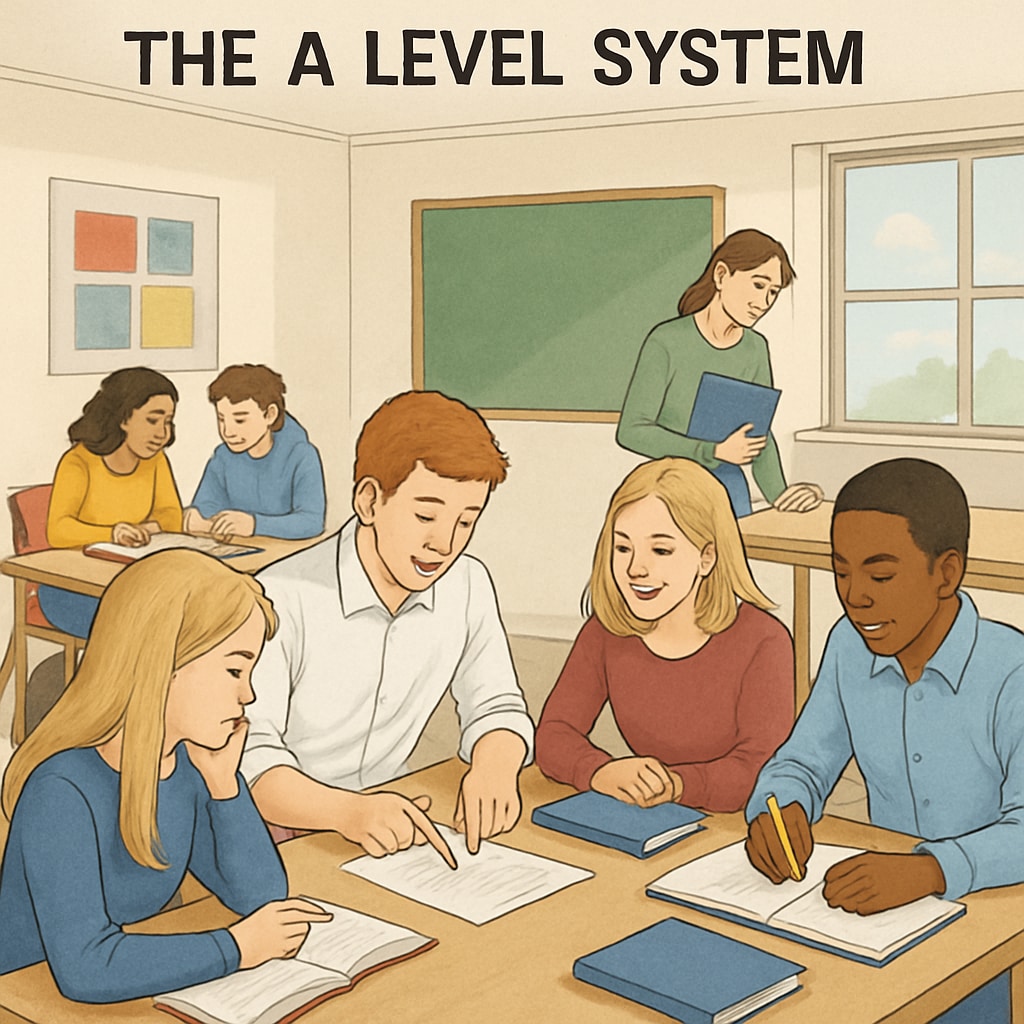In the realm of education systems, the impact of exam pressure on student motivation has long been a topic of global concern. Turkey’s exam-driven education system and the UK’s A Level model represent two contrasting approaches to K12 education, each carrying its own advantages and challenges. By examining these systems, we can uncover valuable lessons for reforming education to better support students’ learning and growth.
Understanding Turkey’s Exam-Driven Education System
Turkey’s education system is heavily reliant on centralized, high-stakes exams that determine students’ access to higher education. The most notable of these exams is the Higher Education Institutions Exam (YKS), which is the primary determinant of university admissions. This centralized approach creates immense pressure on students, often narrowing their focus to exam-specific content rather than fostering broader intellectual development.
While the Turkish model ensures standardization and fairness in assessing students, it comes with significant drawbacks. Students often experience high levels of stress, with their motivation centered around achieving scores rather than cultivating a passion for learning. This exam-centric approach can lead to burnout and limit opportunities for holistic development.

The UK’s A Level: A Flexible and Student-Centric Model
In contrast, the UK’s A Level model emphasizes flexibility and choice. Students typically select three to four subjects to study in-depth, allowing them to focus on areas of interest and build expertise in specific disciplines. This system not only reduces the breadth of exam pressure but also gives students the opportunity to tailor their education according to their aspirations and strengths.
The A Level system also encourages critical thinking, independent research, and problem-solving skills, which are essential for higher education and beyond. Unlike Turkey’s centralized exams, the A Level model is decentralized, with assessments split between coursework and final exams, further reducing the pressure associated with single high-stakes tests.

Exam Pressure and Its Impact on Student Motivation
Exam pressure is a common feature in both systems, but its intensity and consequences differ significantly. In Turkey, the overarching focus on centralized exams often leads to a “teach-to-the-test” mentality, hampering creativity and critical thinking. Students may feel demotivated, seeing education as a means to an end rather than a process of personal growth.
On the other hand, the UK’s A Level model, while not devoid of stress, balances assessments with opportunities for exploration and self-directed learning. This approach nurtures intrinsic motivation, as students are encouraged to engage deeply with subjects they are genuinely interested in. As a result, the A Level system fosters a more positive educational experience overall.
Strategic Reforms for K12 Education Systems
To address the shortcomings of exam-driven systems like Turkey’s, strategic reforms can be implemented to integrate flexible and student-centric elements inspired by the A Level model. These reforms could include:
- Introducing subject choices in senior grades to allow students to focus on areas of interest.
- Reducing reliance on centralized exams by incorporating coursework and project-based assessments.
- Providing mental health support to help students manage exam-related stress.
- Encouraging teachers to adopt inquiry-based teaching methods to foster creativity and critical thinking.
By adopting such measures, education systems can strike a balance between standardization and flexibility, ensuring that students are both prepared for competitive exams and equipped with skills for lifelong learning.
Conclusion: Unlocking Student Potential Through Reform
The comparison between Turkey’s exam-driven education system and the UK’s A Level model highlights the importance of balancing academic rigor with student well-being. While centralized exams ensure fairness, they must be complemented by flexible approaches that nurture intrinsic motivation and holistic development. By learning from the strengths of each system, K12 education can evolve to better support students’ academic and personal growth.
Readability guidance: This article uses concise paragraphs, active voice, and transitional words to ensure clarity. Lists summarize key points to enhance readability. Passive voice and long sentences are minimized to maintain engagement.


